Rising food prices could ignite unrest and instability in Africa
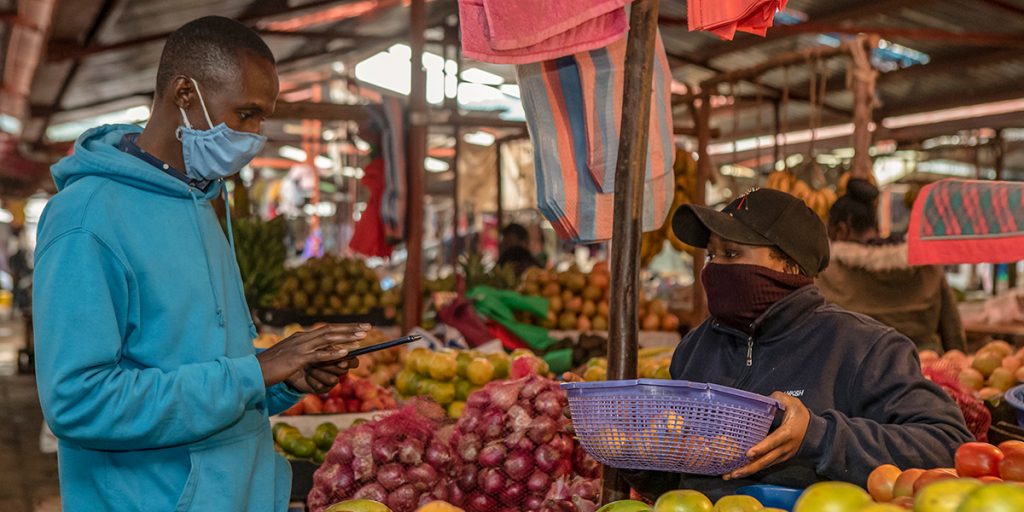
FAO economist Josef Schmidhuber has suggested that people in low-income countries tend to spend more than 60% of their earnings on food, leaving them particularly at risk. As hunger rises, so too does the potential for socio-economic disruption aimed at governments.
Africa’s experiences in managing political diversity and competitive electoral politics
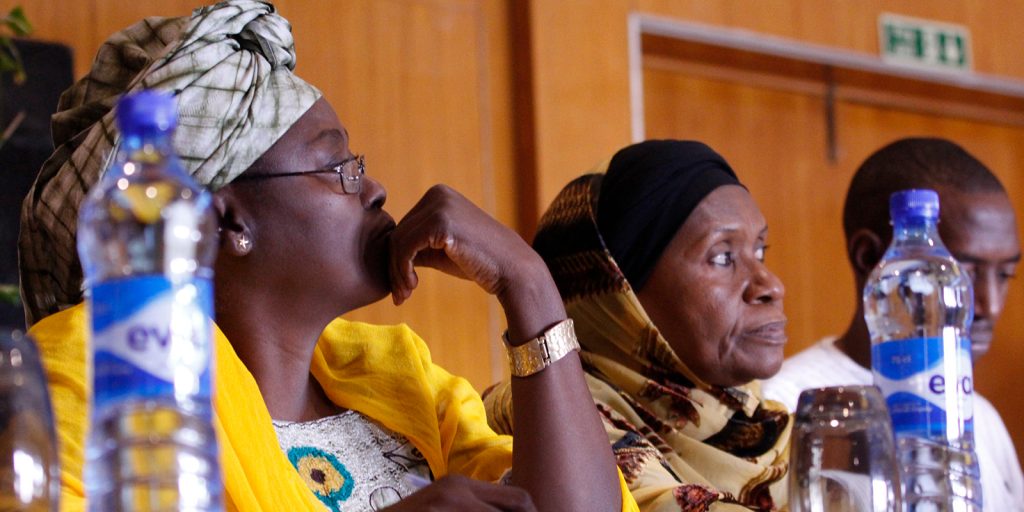
If politics is about who gets what, when, and how, then the political economy of managing diversity, especially in the era of competitive electoral politics, is also crucial to reflect upon.
Coups in Africa: No end in sight and where is ECOWAS and the African Union
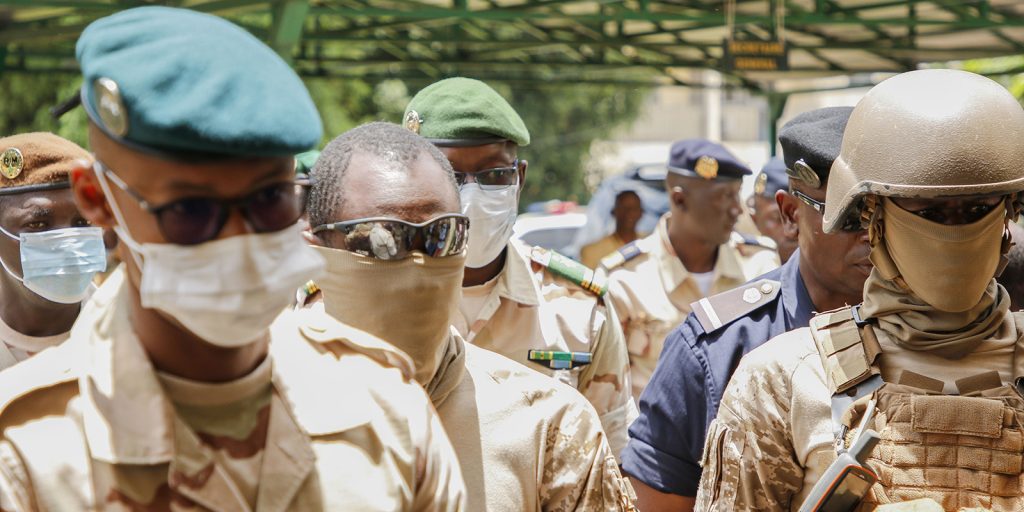
The alarming rate of coups on the continent are an indicator that firmer measures are required from the AU and respective regional bodies as a deterrent.
Coup resurgence in Africa: The pitfalls of a regional response
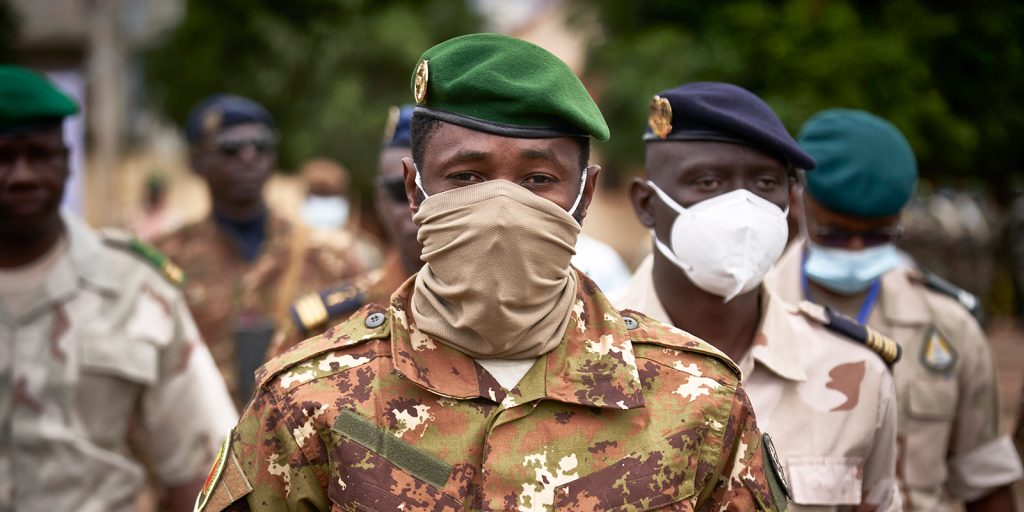
Prior to the coups, the continent had already witnessed 7 popular uprisings within the last decade that brought about changes in government. The actions, and inactions, of the military were critical to the outcome of these uprisings.
Local ownership is key to long-term recovery and resilience in the Lake Chad Basin
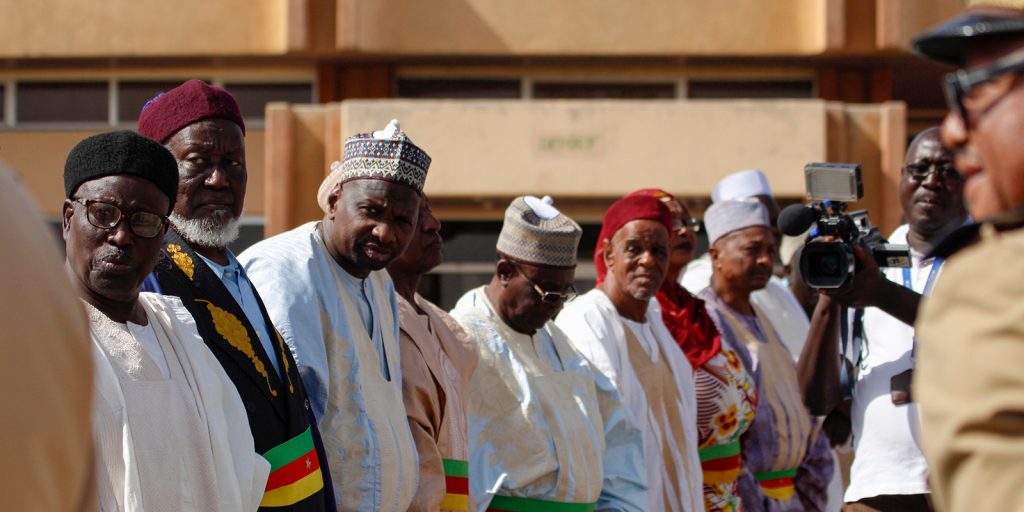
In the four affected countries of Niger, Nigeria, Chad and Cameroon, widespread insecurity and limited access to health, education and other essential services amid the pandemic threaten to roll back sustainable development gains.
Africa’s Youth: A Hope for the Future

In relation to COVID-19 and its impact, particularly in Kenya, what we are seeing is really a manifestation of what is happening throughout the world. We need to use COVID-19 as a huge wakeup call and call on the solidarity of the youth.
Is There Any COVID-19 Vaccine Production in Africa?

Efforts are being made to ramp up production of COVID-19 vaccines in Africa to address the continent’s low rate of vaccination. As of September 2021, there are at least twelve COVID-19 production facilities set up or in the pipeline across six African countries.
Africa’s Young People Innovate in the Face of COVID-19
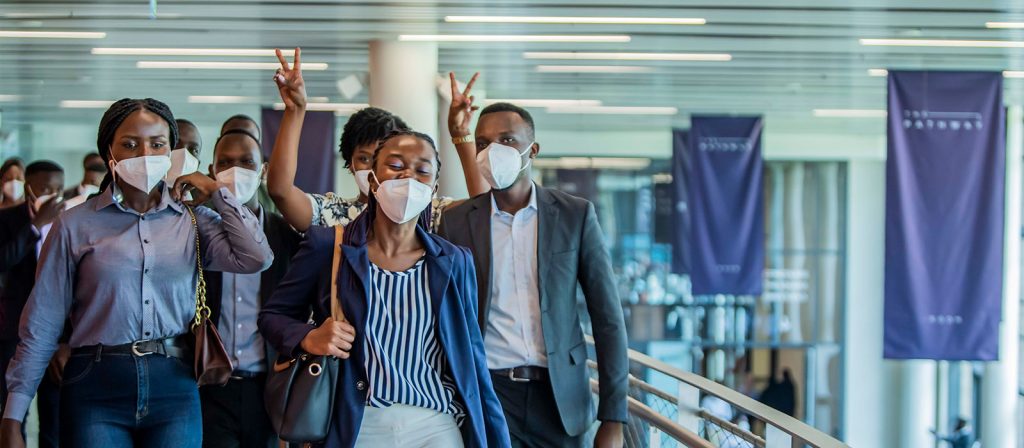
The crippling socio-economic and emotional toll of the pandemic has been countered by an inspired, energetic, and resilient youth who have organised, volunteered, and used their generation’s knowledge of technology and global networks to ‘bounce back better.
People-centred pathways to sustain peace in Cabo Delgado
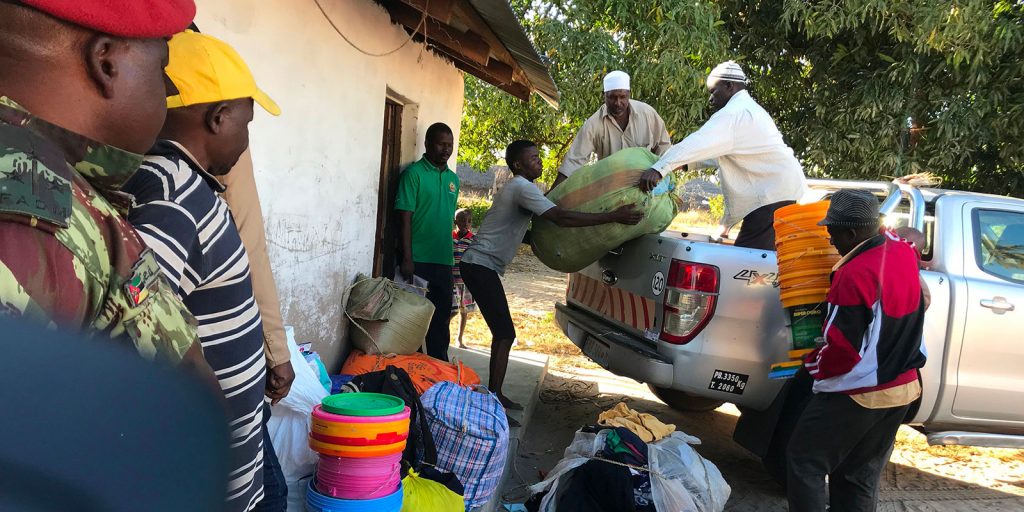
The uprising in Cabo Delgado has roots in both a rising Islamist presence in the region, and predictable grievances about economic marginalisation, a National Plan of Action for Preventing Violent Extremism is a paramount priority.
Impact of COVID-19 pandemic on migrant remittances in Africa
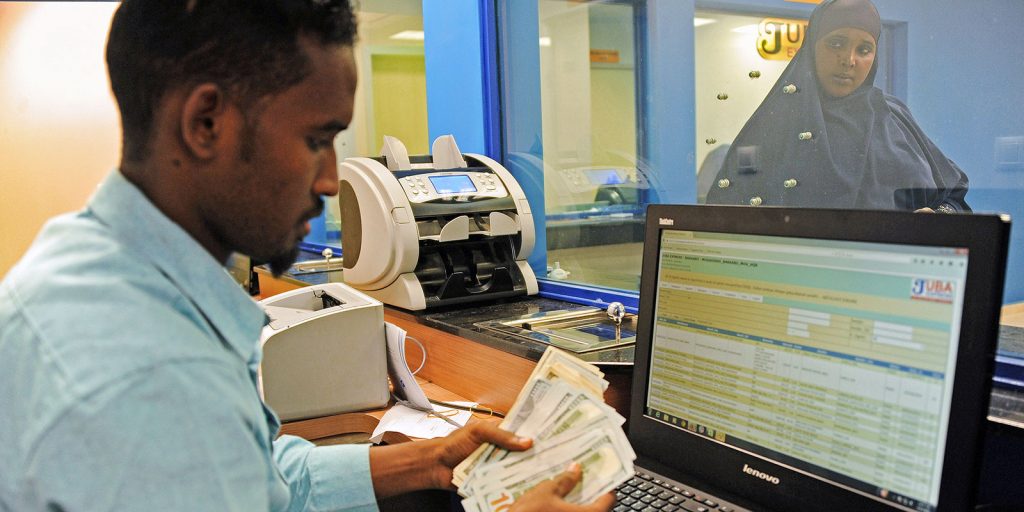
The decline in remittances is threatening the stability of millions of families on the African continent. This is why the government and international community should work together to support African households experiencing hardship.
